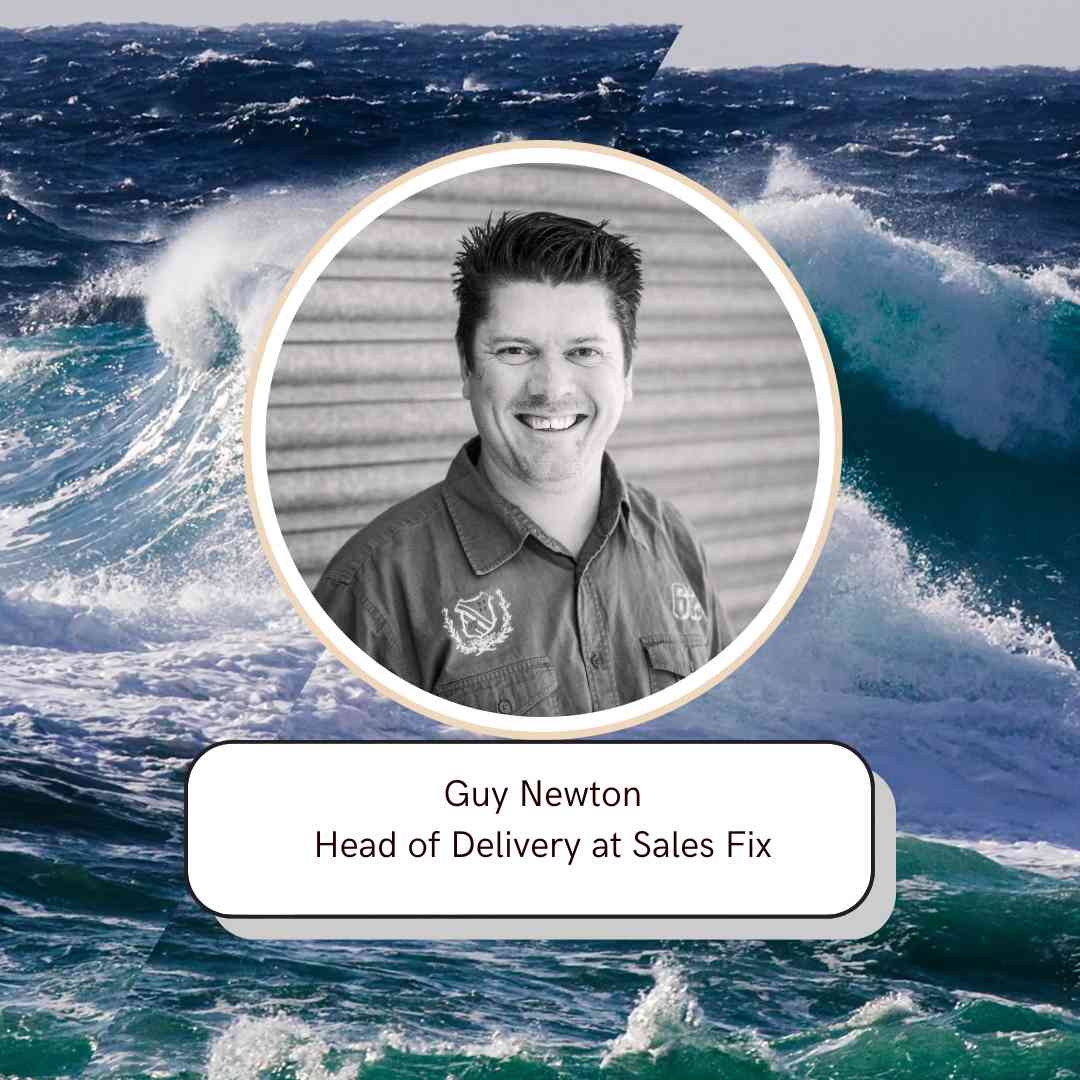
Guy Newton is a values-driven technology leader whose career spans break-fix support, council IT, MSP leadership, and now Salesforce project delivery at SalesFix. Known for his curiosity, calm approach, and people-first mindset, Guy has built a reputation for asking the right questions before making decisions — ensuring he understands the real problem behind every request. His journey reflects a deep commitment to empathy, communication, and delivering service that goes beyond the ticket to support the customer’s customer. Across every role, Guy brings a thoughtful blend of technical experience, human insight, and grounded leadership, making him a powerful example of what modern service delivery looks like when it’s built on understanding, values, and genuine care.
More Info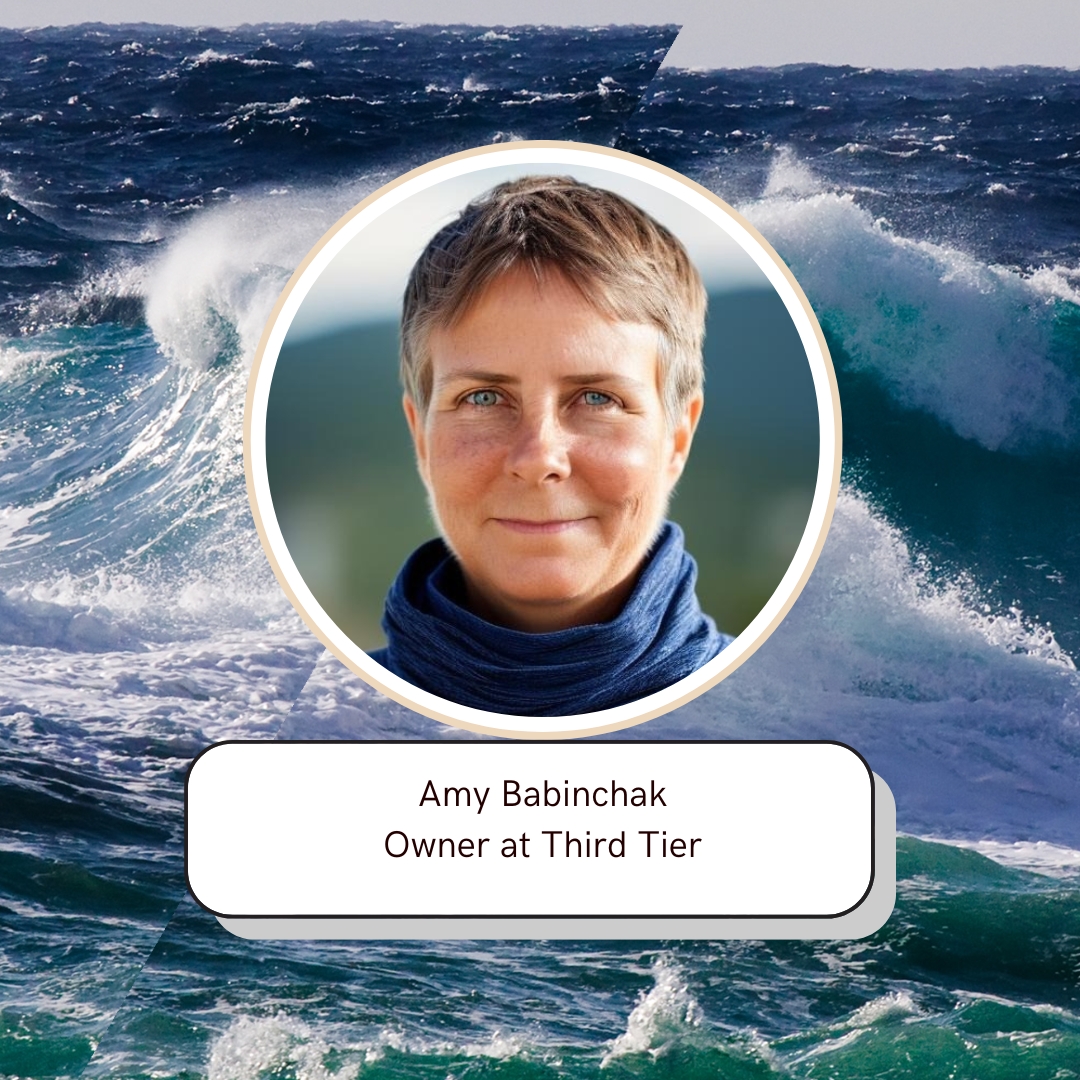
Amy Babinchak is a people-first technology leader whose career spans over two decades in the MSP world — from building her own award-winning MSP to leading industry conversations on AI, cybersecurity, and service leadership. A longtime Microsoft MVP, Amy is known for her ability to see what’s coming next and translate it into practical, human-centered strategy for MSPs. Whether she’s running mastermind groups, advising on mergers and acquisitions, or helping business owners rethink how they connect with clients, Amy leads with clarity, empathy, and a deep understanding of what real service means. She believes the strongest client relationships are built not on SLAs or automation — but on conversation, trust, and shared direction.Now focused on consulting through Third Tier and Sell My MSP, Amy continues to elevate the profession she helped shape — showing that when service is built on curiosity, care, and courage, it becomes truly transformational.
More Info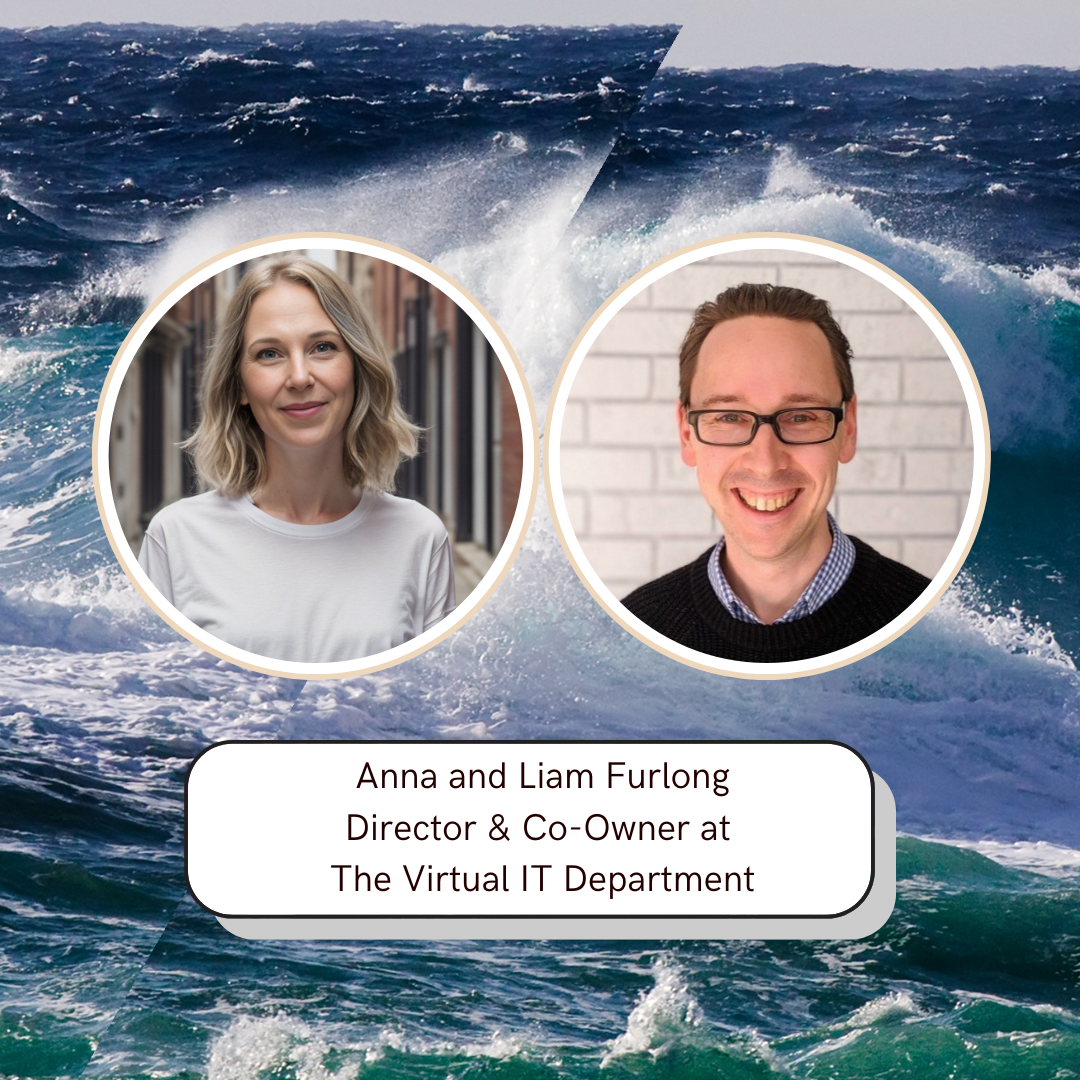
Anna and Liam Furlong are the husband-and-wife team behind The Virtual IT Department, an Australian MSP built on empathy, integrity, and genuine human connection. Their journey began when Liam — a lifelong tech professional — and Anna — a former nurse with a passion for people and process — took over Anna’s family business and reimagined it for the modern MSP world. Since then, they’ve led the company through significant growth, including a successful acquisition, while maintaining a strong focus on culture, communication, and care. Together, they’ve built a business where people come first — clients, team, and family alike. Their approach to leadership is grounded in trust, shared purpose, and the belief that great service delivery starts with great relationships — both inside and outside the business.
More Info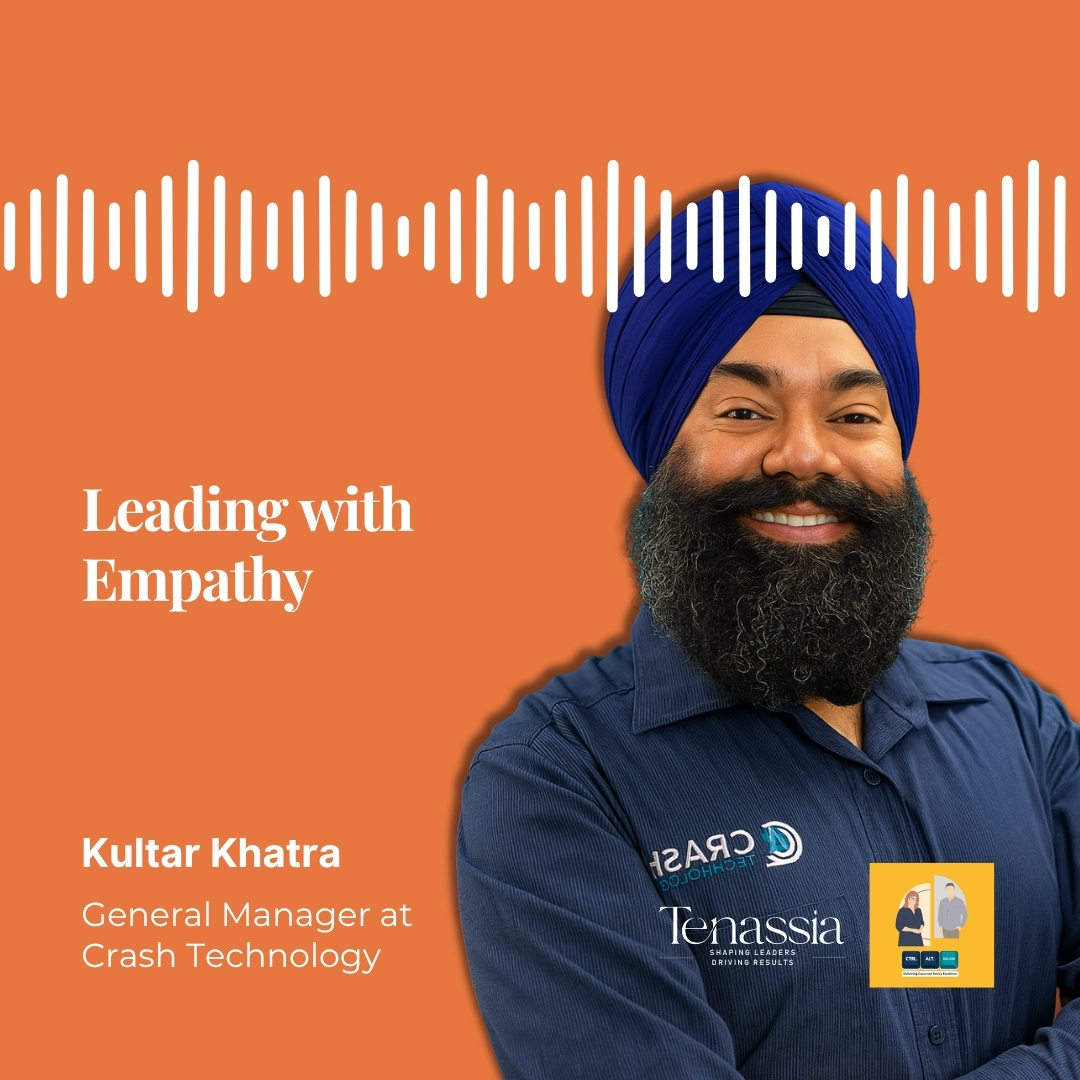
What really defines great service?For many MSPs, it’s easy to think about systems, tools, or speed. But in this episode of Ctrl-Alt-Deliver, Kultar Khatra shares why empathy is the true foundation of customer service.As someone who’s worked on both sides of the channel — first as a vendor and now as an MSP owner — Kultar knows that technical ability can only get you so far. What clients truly remember is how you make them feel.
More Info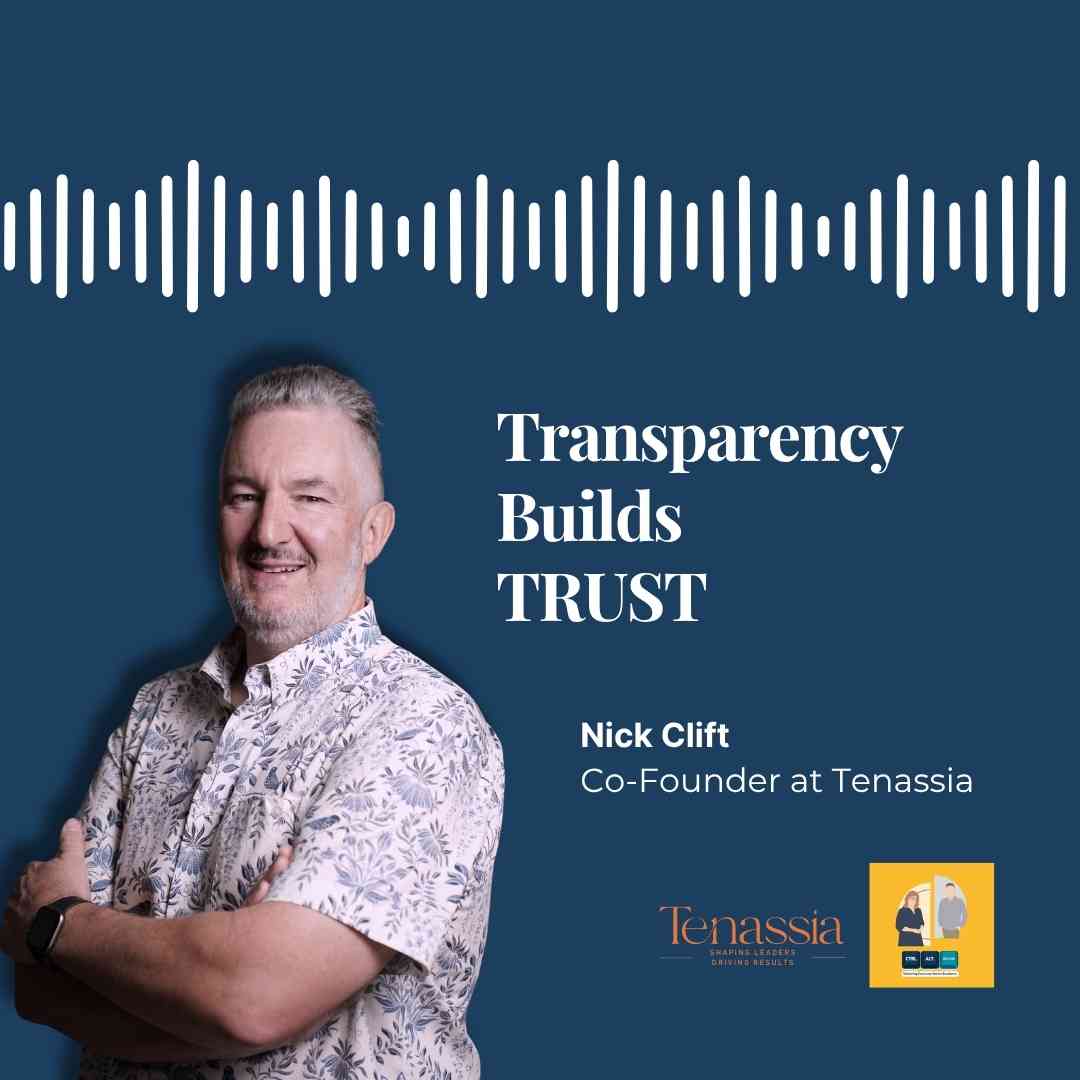
When Nick and I reflected on some of our favourite Ctrl-Alt-Deliver conversations, one theme kept coming up: transparency.In managed services, success isn’t just about technical skill — it’s about visibility.If your team isn’t recording their time accurately, you’re flying blind.We once had an engineer working 60-hour weeks but only logging 40.On paper, he looked efficient. In reality, he was exhausted — and frustrated that no one noticed.
More Info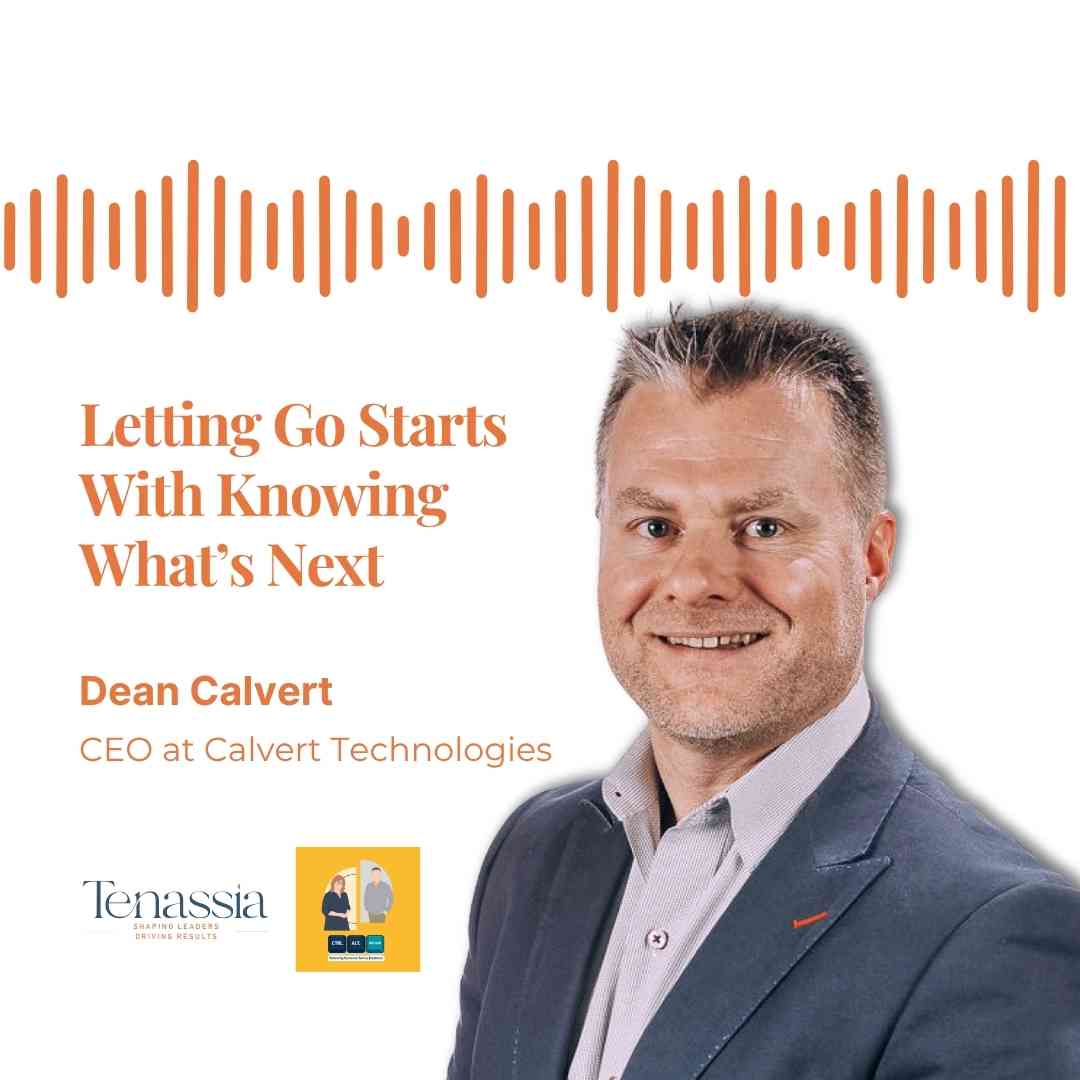
After three decades leading his Adelaide-based MSP, Calvert Technologies, Dean Calvert knows that selling your business isn’t just about timing — it’s about clarity.When Dean decided to exit, he didn’t jump blindly. He’d already prepared his team, refined his operations, and knew exactly what was coming next: life as a professional EOS Implementer and flight instructor.
More Info
When Greg Sharp sold his MSP, Base 2, for a ten-times multiple, it wasn’t luck. It was structure, planning, and discipline.On Ctrl-Alt-Deliver, Greg shared how he and his team prepared their business years in advance—building systems, formalising contracts, and creating a leadership team that could run without them. That preparation transformed what could have been a standard sale into a major success story.
More Info
Every MSP founder has a moment that changes everything. For Greg Sharp, that moment came when one of his engineers accidentally locked the company into a three-year contract that lost money every month.“We were losing five dollars per month. I can’t blame the person—I can only blame the process.”That mistake exposed a bigger problem that many MSPs face: too many manual contracts, too many errors, and not enough control. Instead of letting it slide, Greg built a solution. That’s how ZenContract began.
More Info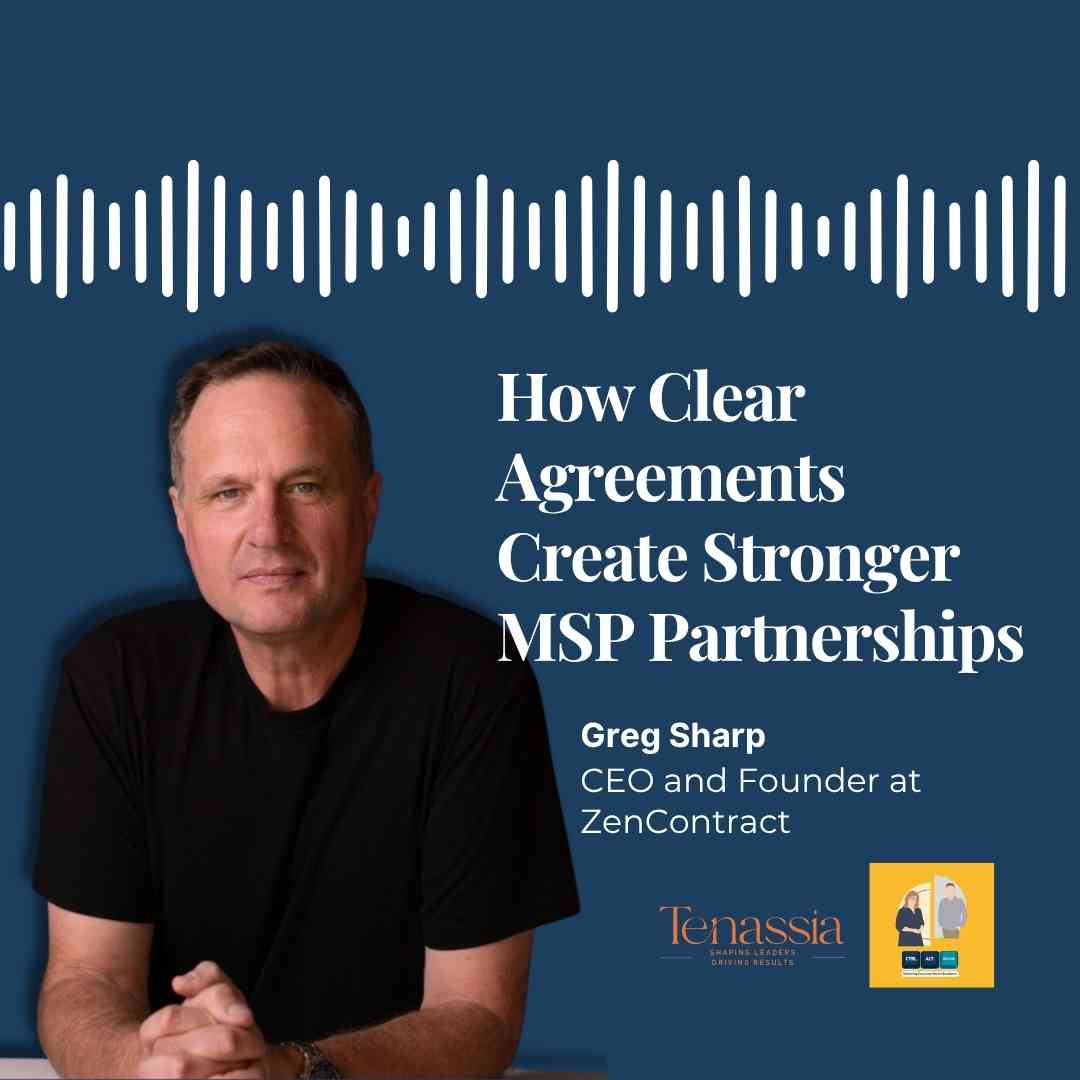
“The word agreement implies partnership, doesn’t it?”That one sentence from Greg Sharp, CEO and Founder of ZenContract, perfectly captures how MSPs should approach their client relationships.In his conversation with Jeni and Nick Clift on Ctrl-Alt-Deliver, Greg explained that clarity in agreements is not about control or limitation, but about building confidence between both sides.
More Info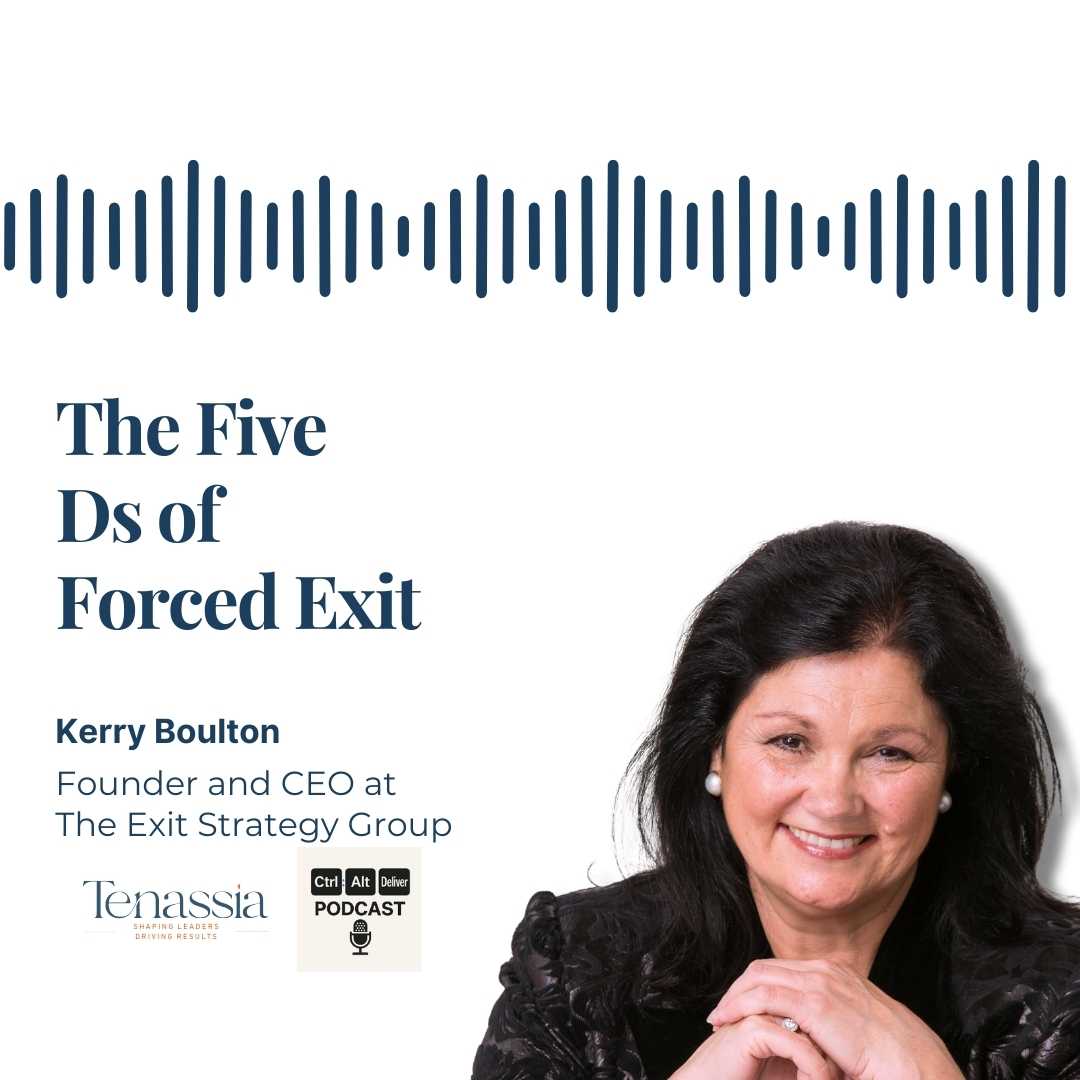
Not every business exit is planned. Sometimes life makes the decision for you.Kerry Boulton calls these moments the Five Ds: Death, Divorce, Disagreement, Disaster, and Disease.
More Info